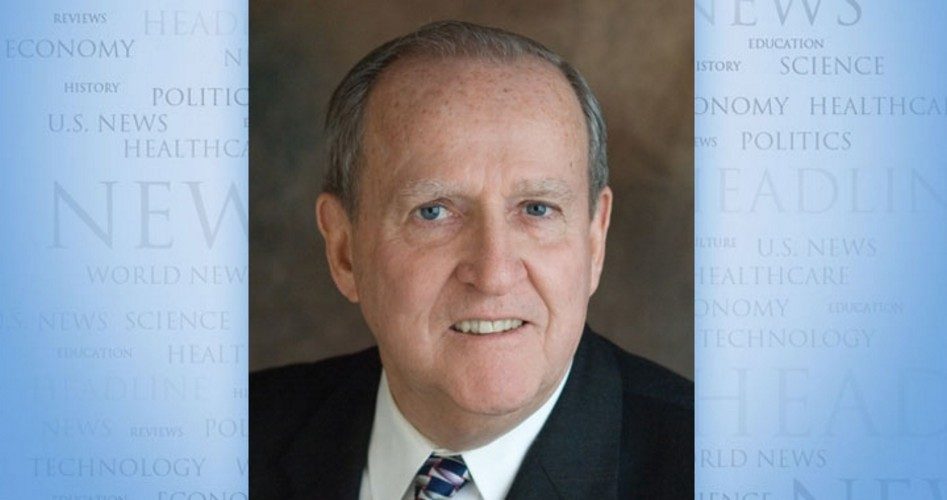
During the visit of Pope Francis to America, wide publicity followed the back door papal meeting with Kim Davis, the county clerk from Kentucky who had spent several days in jail because of her refusal to issue same-sex marriage licenses. The term “back door” is appropriate in this instance because Mrs. Davis and her husband were required to sneak into the Vatican Embassy through a rear entrance, away from photographers and scribes who carefully scrutinized all who came and went via the main entrance. It had even been suggested to Mrs. Davis by a Vatican official that she alter her hairstyle so as not to be so easily recognized. According to Davis’s lawyer, the pope met with the couple for about 15 minutes.
Vatican officials travelling with Pope Francis were quick to insist that the pope was not endorsing the embattled county clerk’s stance regarding homosexual marriage. They also spread the notion that the pope likely didn’t even know the circumstances that had catapulted Mrs. Davis to national attention and why she received the invitation. Within hours, these Church spokesmen made light of the secretly arranged visit and even spread the possibility that the two had never met.
But there was another visitor welcomed by the pope during his stay in the nation’s capital who received completely different treatment — from the Vatican officials and the media. Yayo Grassi, a 67-year-old Argentinian now living in Washington, has known the pope since the 1960s when he studied under then Father Jorge Bergoglio, the future Pope Francis. For years, Grassi has kept in touch with his one-time mentor, meeting with him in Buenos Aires and even encountering him in Rome in 2003. Grassi happens to be a homosexual who brought his partner and several other friends to share his latest visit with his old acquaintance, now Pope Francis.
While there were no photos of the pope with Mrs. Davis, the media quickly displayed a photo taken from a video made during the Grassi visit. It showed the pope and his old friend in an embrace. And the accompanying write-ups reported that the pope had hugged the others.
Vatican officials have come close to labeling the Davis encounter with the pope a mistake. But Vatican and media attention given the meeting enjoyed by Yayo Grassi and his friends, both during and after their encounter, was enormously different. Vatican officials later insisted that the invitation given Mrs. Davis came merely from the papal nuncio to the United States, Archbishop Carlo Vigano.
The treatment given Mrs. Davis both before and after her papal visit contrasted dramatically with that given Yayo Grassi and his entourage. Pope Francis has not changed Catholic teaching regarding homosexuality, but it is understandable if his actions have caused confusion among Catholics and non-Catholics alike as to whether that teaching has been modified.
John F. McManus is president of The John Birch Society and publisher of The New American. This column appeared originally at the insideJBS blog and is reprinted here with permission.


